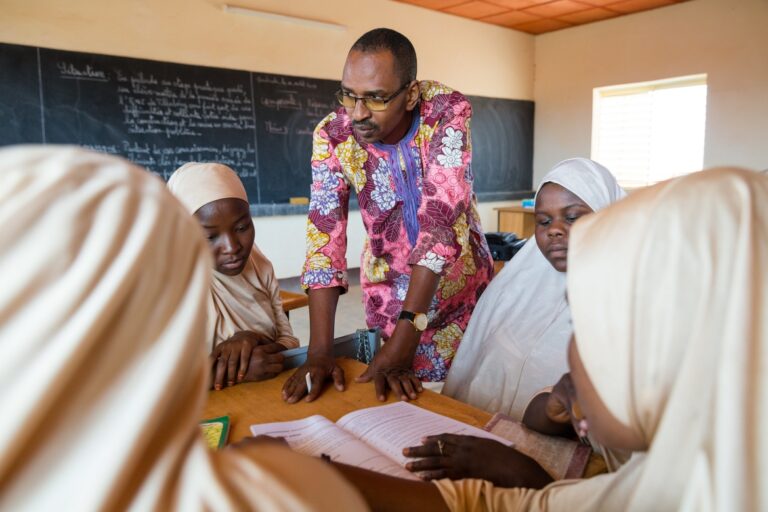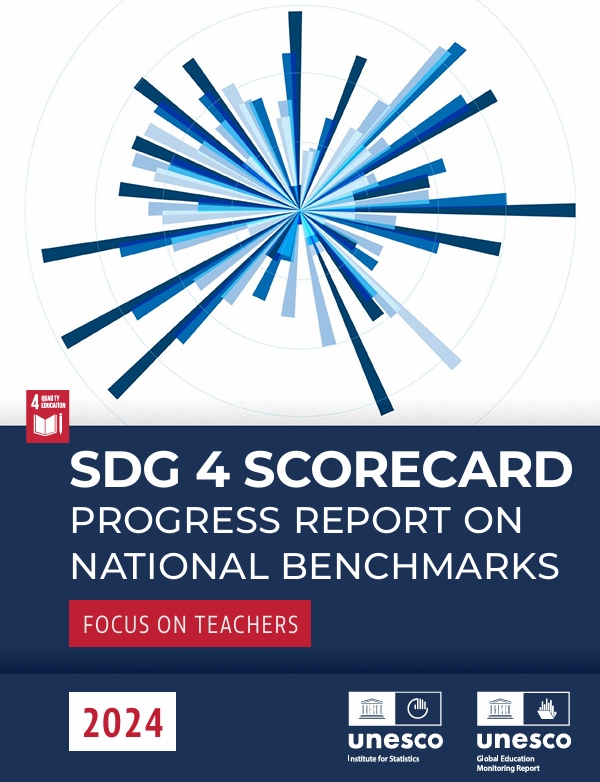This week, the journal Pediatrics featured a clarion call to encourage play as a way to reduce stress, promote social skills, and to embolden cognitive growth in young children.
With increasing scientific evidence as a foundation, the new report challenges pediatricians to offer a “prescription for play” as a way to enhance the urgency of reintroducing play and playful learning back into the daily lives of families. We, along with our colleagues, suggest that data from brain science, social development, toxic stress, and academic achievement all point to the critical importance of play in children’s (and animals) routine experience. Excising play through a 30 percent drop in recess coupled with a 29 percent rise in test preparation creates classroom contexts that are driven by narrowly didactic goals with even kindergarten classrooms having little or no time for play or choice time. Home environments are increasingly confining children to the indoors and…
CONTINUE READING AT AUTHORS WEBSITE >>






